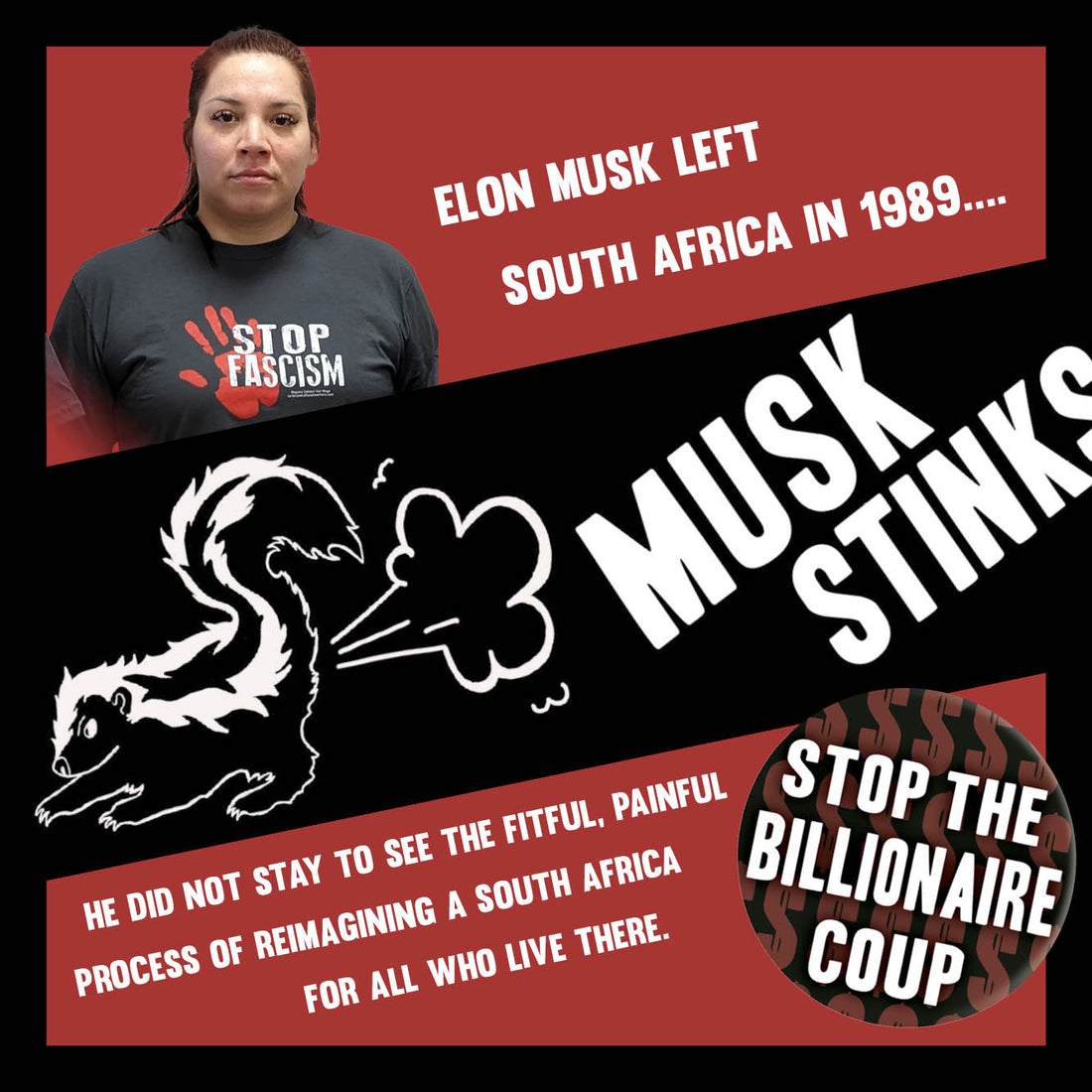
Elon Musk, Apartheid and the Assault on Democracy
Share
Elon Musk left South Africa in 1989. It was becoming clear that the apartheid system of white minority rule could not continue; the manner of its dissolution remained uncertain. Fearing the loss of privilege and power, perhaps even fearing reprisal, Elon Musk took the path chosen by many privileged white South Africans of the time – he left.
He did not stay to see the South Africa I was born into. A difficult place. An unequal place. A land riven by historical injustice, bearing slow-healing wounds and jagged scars. A land of contradictions and juxtapositions.
He did not stay to see the fitful, painful process of reimagining a South Africa for all who live there. He did not stay to witness the precarious balance of redressing past injustice with present rights. He left before the Truth and Reconciliation Commission uncovered and committed into the public consciousness the indignity, injustice, and suffering caused by the crime of apartheid. He failed to witness a process that, however flawed, abjured our vengeful impulses and instead sought reconciliation and forgiveness through painful truth. Those first, furtive, faltering steps into a new democratic order.
The Trump administration’s recent actions towards South Africa are rooted in a deep misunderstanding of South Africa’s reckoning with its past. They are meant as retribution for South Africa’s prosecution of Israel for the genocide being inflicted upon Palestinians in Gaza. They are actions born of lament at the loss of a social and economic order predicated upon injustice and inequality. Trump and Musk are threatened by the prospect of a social order founded upon egalitarian principles of diversity, equity, and inclusion. Their response bears the unmistakable stench of apartheid.
These actions will cause great harm, but South Africans will overcome them. If Elon Musk had stayed in South Africa, he would understand this. The road towards a multi-racial, equitable democracy has been rife with setbacks and challenges, but it is a road worth walking. The ideal is worth striving for, and South Africans increasingly embrace diversity as our greatest strength.
When Nelson Mandela signed the South African Constitution into law in 1996, he was standing on the site of the Sharpeville massacre – the site where, 65 years ago, police fired on peaceful protesters, leaving scores dead and hundreds injured. They were protesting a racist system of classification and exclusion. Sharpeville looms large in the South African consciousness and each year, on March 21, South Africans commemorate the many sacrifices made in the struggle for our freedom and our fledgling democracy.
It is Human Rights Day.
It is a somber reminder that our rights are not guaranteed. They were won by vision, bravery, and collective action. They are enshrined by law and not subject to revocation by authoritarian whim. For Musk, our rights are an annoyance, a barrier to be overcome as he dismantles democracy to maximize his extractive capacity. It is our duty to defend them.
Oliver Goosen
Writer and friend of SCW
